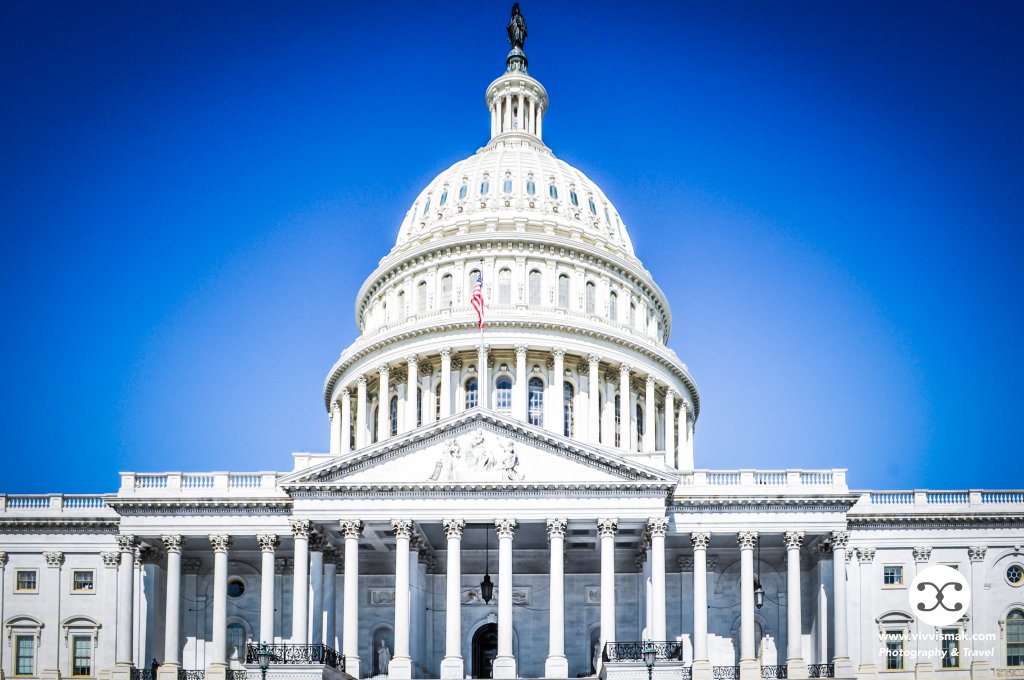For the week ending Oct. 25
UNMASKING SHELL CORPORATIONS: Voting 249 for and 173 against, the House passed a bill (HR 2513) Oct. 22 that would require small corporations and limited liability companies to identify their true owners when they are formed and in annual filings with the Treasury Department’s Financial Crimes Enforcement Network, which combats domestic and global criminal activity, including the laundering of terrorism and drug funds. Because anonymously financed shell corporations tend to be relatively small operations, the bill is directed mainly at U.S.-based companies with fewer than 20 full time employees and annual sales or gross receipts under $5 million. The bill exempts banks, credit unions, registered broker-dealers, insurance companies, nonprofits and certain publicly traded companies. Companies would have to identify their “beneficial owners” — those who ultimately control the firm even though ownership is listed in another name. Critics said the bill would imperil business owners’ privacy rights because law enforcement could access the Treasury Department database without court-issued warrants or subpoenas.
A yes vote was to send the bill to the Senate.
YES: Deb Haaland, D-1, Xochitl Torres Small, D-2, Ben Ray Luján, D-3
REQUIRING SUBPOENAS TO ACCESS DATABASE: Voting 197 for and 224 against, the House on Oct. 22 defeated a Republican-sponsored motion requiring law enforcement to obtain a court-issued subpoena for access to ownership information collected by the Treasury Department under HR 2513 (above). The information consists of the “beneficial,” or actual, owner’s name, address, date of birth and driver’s license or other government ID number. Law enforcement could tap into the Treasury database only as part of an ongoing investigation, and a civil liberties unit would oversee their actions.
A yes vote was to adopt the motion.
NO: Haaland, Torres Small, Luján
COMBATING FOREIGN INTERFERENCE IN U.S. ELECTIONS: Voting 227 for and 181 against, the House on Oct. 23 passed a bill (HR 4617) that would require U.S. political campaigns to inform law enforcement when they receive offers of foreign assistance; close loopholes that allow foreign funds to illegally enter the U.S. electoral system; prohibit foreign spending on state ballot initiatives; prohibit U.S. campaigns from disclosing private information, including poll results, to foreign governments and their agents, and require sponsors of online political advertising to identify themselves in ads, just as they must do in commercials run on broadcast channels.
A yes vote was to send the bill to the Senate.
YES: Haaland, Torres Small, Luján
PROTECTING STATE AND LOCAL ELECTIONS: Voting 180 for and 231 against, the House on Oct. 23 defeated an amendment that sought to remove from HR 4617 (above) a provision authorizing the U.S. attorney general to correct the spread of false logistical information about state and local elections — including misstatements of voting dates, times and places — if nonfederal authorities have failed to do so.
A yes vote was to adopt the amendment.
NO: Haaland, Torres Small, Luján
ATTEMPTING TO CENSURE ADAM SCHIFF: Voting 218 for and 185 against, the House on Oct. 21 blocked a Republican-sponsored resolution (H Res 630) “condemning and censuring” Rep. Adam Schiff, the chairman of the Permanent Select Committee on Intelligence, which is conducting an inquiry into impeachment of President Donald Trump. The GOP measure faulted Schiff, D-Calif., for publicly mischaracterizing a July 2019 telephone conversation between Trump and Volodymyr Zelensky, the president of Ukraine; for Schiff’s acknowledged misleading statements about his staff’s contacts with a whistleblower who alleged Trump acted inappropriately in that conversation; and for accusing Trump’s 2016 presidential campaign of working with Russia. The resolution was quashed by a parliamentary ruling that it did not qualify as a “privileged question” entitled to floor action under House rules. On the vote reported here, Democrats upheld that ruling after it was appealed by Republicans. House rules did not allow debate on the measure.
A yes vote was in opposition to the censure of Schiff.
YES: Torres Small, Luján
NOT VOTING: Haaland
REINFORCING CAP ON STATE AND LOCAL TAX DEDUCTIONS: Voting 43 for and 52 against, the Senate on Oct. 23 turned back a Democratic attempt to allow states to offer residents a way to circumvent the $10,000 limit on deductions of state and local income and property taxes on federal returns. Republicans included the cap in their 2017 tax cut law, a move seen as targeting upper income areas that tend to levy high taxes and vote Democratic. To allow their taxpayers to stay within the $10,000 limit without seeing their overall tax bills jump, New York, New Jersey and Connecticut have allowed residents to make federally deductible charitable contributions to public improvement funds, and then receive credits against their state tax obligations as a trade-off. But the Internal Revenue Service issued a regulation to prohibit the tactic, extending the general rule that taxpayers cannot deduct charitable contributions for which they receive something in return. On the vote reported here, the Senate defeated a resolution (SJ Res 50) aimed at killing the IRS rule.
A yes vote was to adopt the resolution.
YES: Tom Udall, D, Martin Heinrich, D
HOUSE Deb Haaland (D) Ben Ray Luján (D) Xochitl Torres Small (D)
SENATE Martin Heinrich (D) Tom Udall (D)
Contact your legislators at the U.S. Capitol
ZIP codes: House 20515, Senate 20510
Capitol operator: (202) 224-3121
Courtesy of VOTERAMA IN CONGRESS © 2019 THOMAS REPORTS INC.

